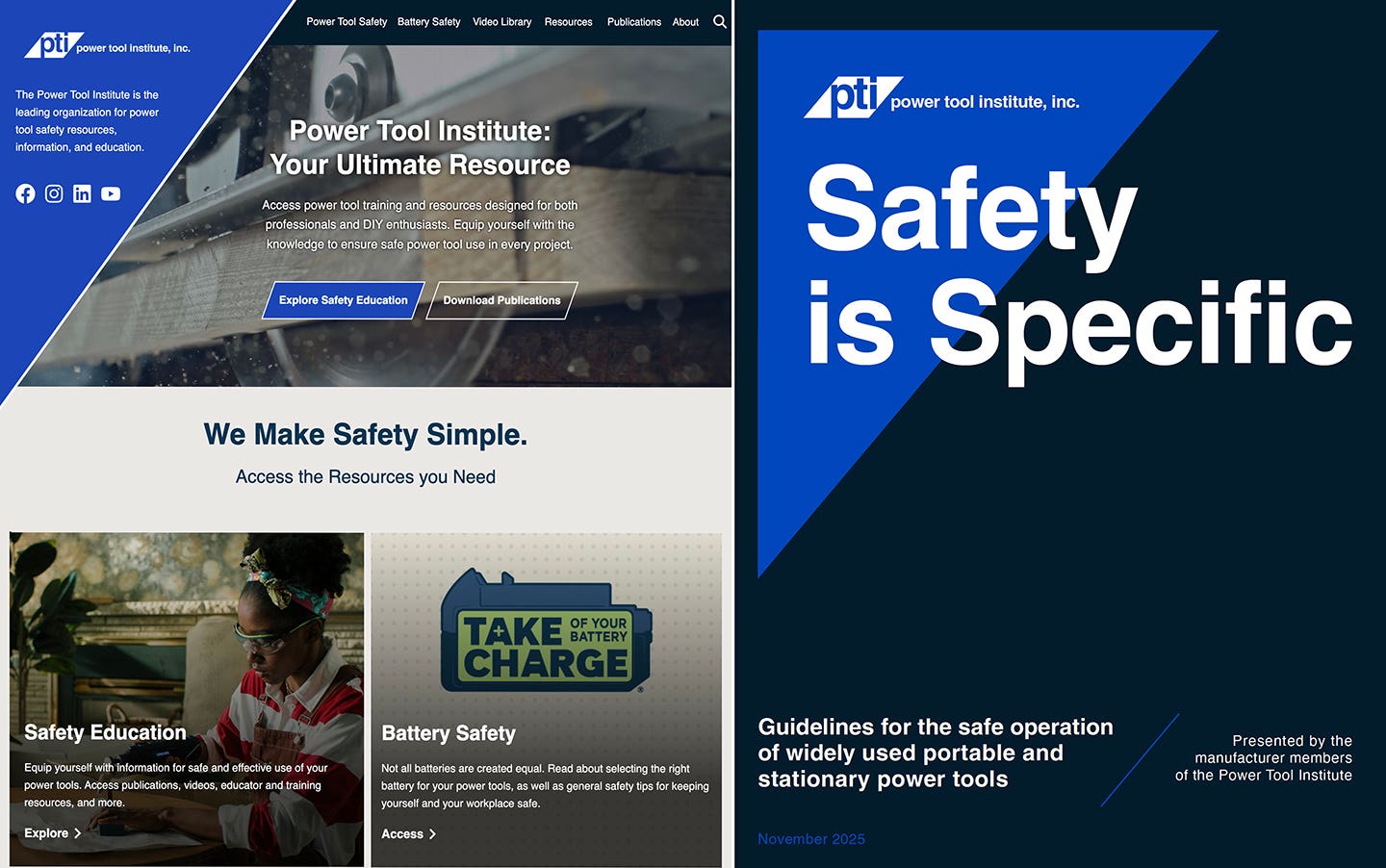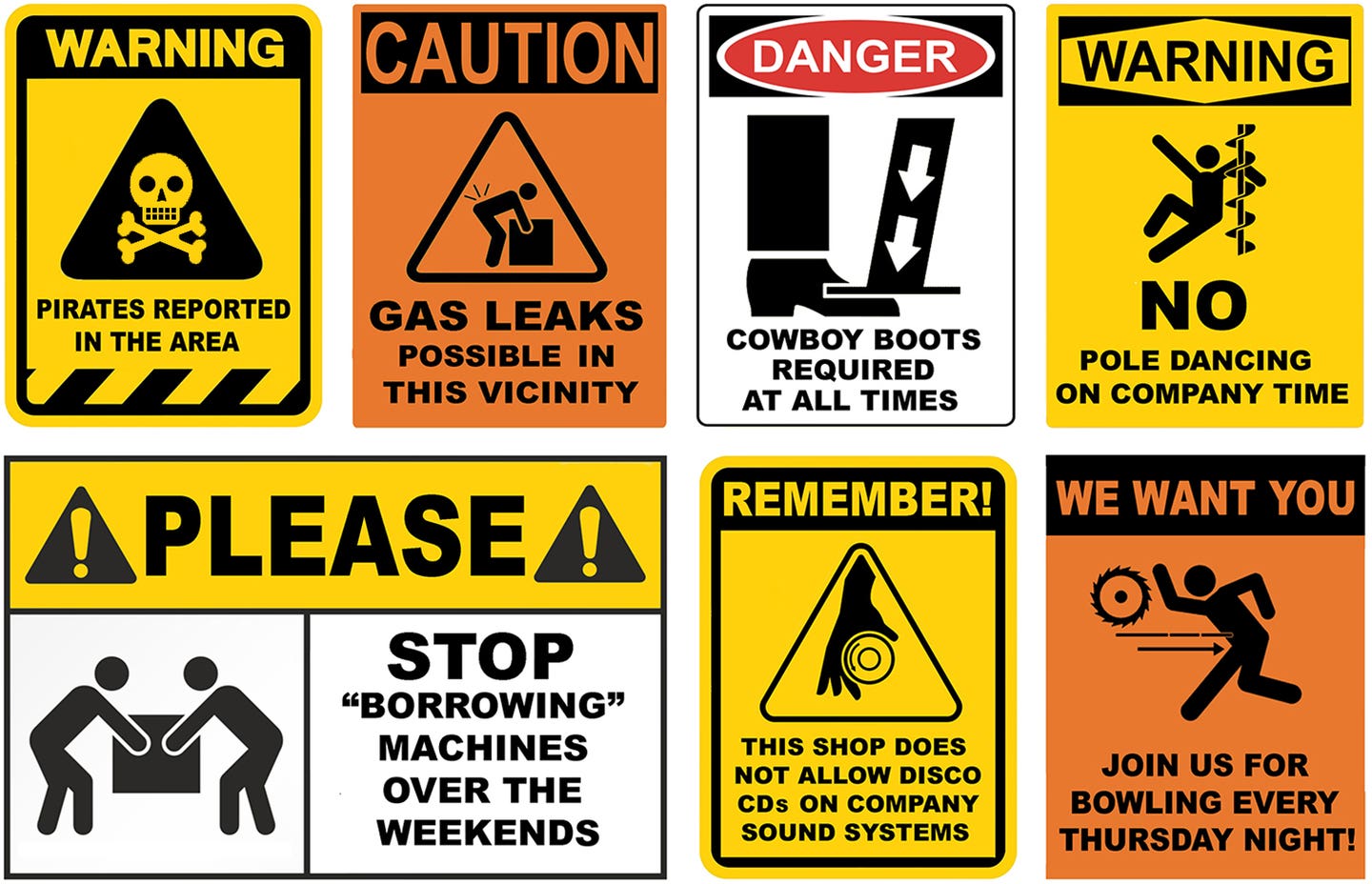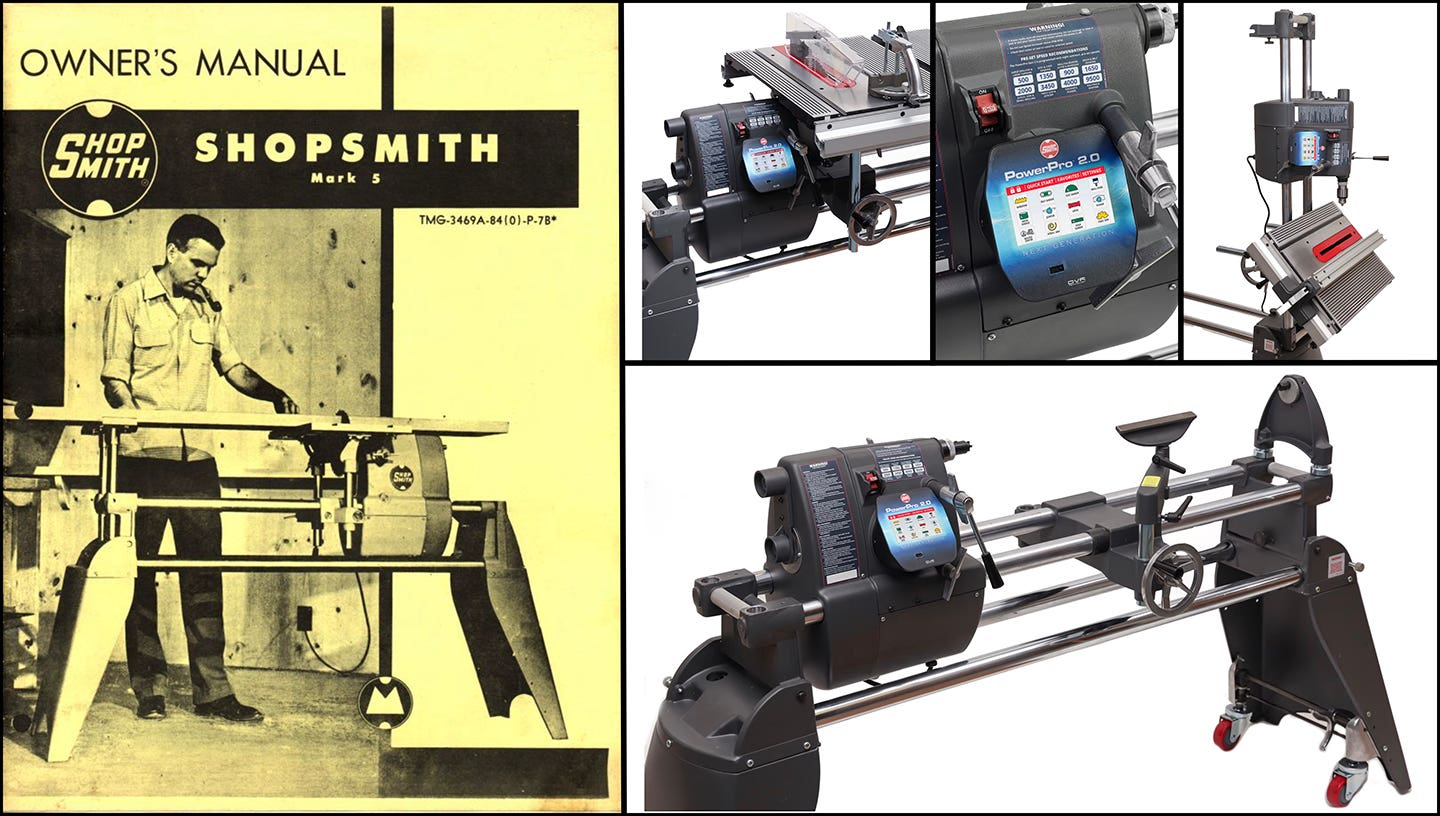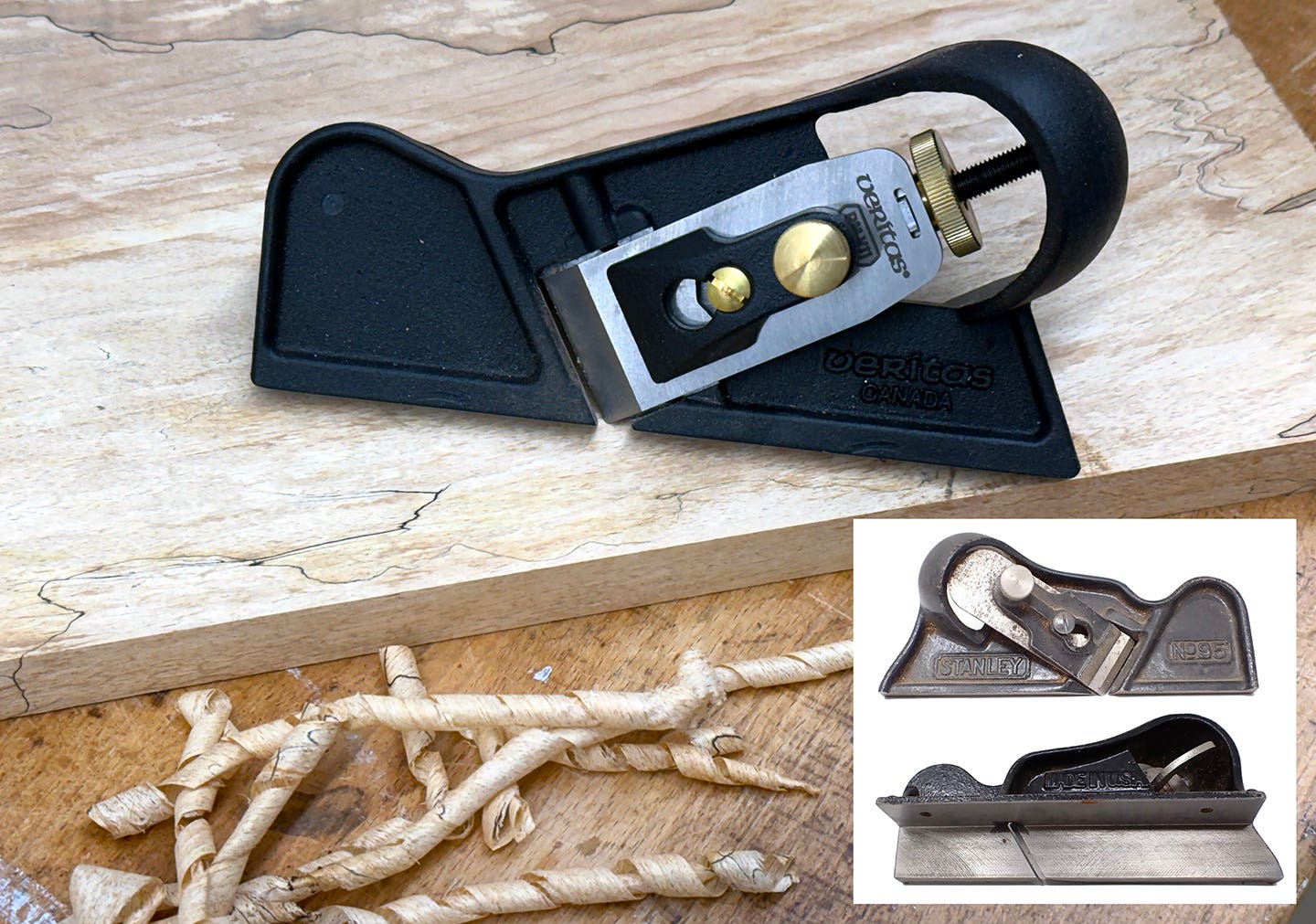Keep it simple and check your ego at the door
You are probably familiar with the saying, “Jack of all trades, master of none.” This refers to someone who is adequate at performing many tasks, but not an expert in…
You are probably familiar with the saying, “Jack of all trades, master of none.” This refers to someone who is adequate at performing many tasks, but not an expert in anything. There’s nothing wrong with being that way, but it does limit how far you can go in a specialized profession.
Most of you reading this column are custom woodworkers of some kind. That means you’re involved in a very specific industry. But woodworking in itself is still very generalized. Being a woodworker 300, or even 100, years ago meant something very different than what it does today. Back then, the world was predominantly rural and small communities could not sustain a specialist. Much like having ‘ole Doc Shoemocker, the country doctor delivering a baby, setting the broken leg and diagnosing Betsy The Milk Cow’s lack of production, woodworkers and carpenters could easily be lumped together into one profession. But our world today is much different. Ever since the Industrial Revolution, people have been gravitating toward the city. And because the population continues to grow, there will be much more competition with which to contend. These facts force us to specialize. If we don’t, we’ll be relegated to doing low-paid handyman work.
Modern society has been operating under these specialist-type principles for quite a number of years. A single journey into the medical field to get a symptom diagnosed can easily demonstrate how many specialists there are out there. Rarely do you visit one doctor for all your medical needs. There are specialists for each part and function of the body — and for good reason. It’s because there is just too much complexity and knowledge to acquire to be able to figure out everything about everything. When you concentrate on your area of expertise instead of attempting to do everything, you simplify your business plan. Don’t try to reinvent the Jack-of-all-trades wheel. It’s impossible to gain all the needed knowledge and tooling to perform every task.
Let’s take a look at how we can better run our business, along with being a benefit to our colleagues in this related field.
Drop the act
One of the first things in simplifying your business model is dropping the act. You know how difficult it is to base a story on a lie. It never takes one lie to complete an objective, it always takes several. Being an overly prideful craftsman puts you in the same boat of spinning lies for self gain. The prima donna thinks he’s creating an image that profits him, but in reality it is limiting his full potential.
On a recent job, I met a fellow craftsman who was a specialist in a niche field. Although our talents overlapped, he made it clear that his abilities and area of expertise were of more value than mine. As he continued to talk about himself and answer my pointed questions, it became clear that he was digging a deep hole of arrogance that prevented any trust from being established. Propping up the act of being the man really didn’t benefit my colleague at all. I wouldn’t feel comfortable subcontracting to him or recommending him to others. The focus on himself rather than the product even became evident to the unhappy client, who later asked me to spend several hours fixing and cleaning up the so-called expert’s work.
Specialize
Enough cannot be said about the importance of specialization. There’s nothing wrong with doing many different things as long as that is your specialty. But if you’re trying to do everything just because you see it as potential income, you’ll struggle to be profitable.
Specializing or having a niche isn’t just a buzzword to sound knowledgeable; it really works. Consider the medical field example we talked about above. Doctors understand the importance of specializing because it allows them to concentrate on what they do best. It’s not that fields of study don’t overlap; you’ve just got to know how far over the dividing line you cross. Going too far into another field can bog you down. Not because you’re unable to do the work, but rather unable to do the work efficiently.
Suppose you are a wood turner. It’s the one thing you want to do. You’re good at it, you’re fast and you have found a niche that allows you to sell your product. Let’s say you come across a job opportunity for an intriguing and potentially profitable custom stair system. It includes turned balusters and newel posts, treads and risers, and railing with drop easing and volute turnouts. The first question to ask is will you take on the entire project? You might feel comfortable doing the straight-line millwork of the custom treads and risers. And the molding work required for the railing is a doable proposition, but you’re admittedly slow at it. The turning is where you’re proficient.
To remain profitable, the rule of thumb is to stick to your niche. But that does not mean turning away work that you’re not good at, it just means managing the work between yourself and other shops. Hence, the importance of networking and referrals.
Network and referrals
The egotistical friend I referred to earlier was sadly too shortsighted when he was boasting about himself. Had he made a better impression, I could have referred work his way for projects I get involved with that require his level of expertise. Don’t underestimate the power of first impressions. If you successfully drop the act of how important you are and accept the fact that your colleagues in this shared profession are your partners, you’ll learn a key ingredient in becoming more profitable.
My own business has gone through a progression of hiring specialists through the years. As I’ve learned how they help me in my business, I no longer see them as the competition, but rather as partners in profit. But you must use common sense when referring. Not everyone in the industry is going to play nice. I’ve referred work to colleagues who, in turn, tried to take other related work away from me, even when I was already contracted with the client. Colleague referrals are built on trust, just like client referrals. Good networking is reciprocated. In other words, the work flows back and forth between the two companies.
Establishing a good business model often takes years of honing. Most entrepreneurs write their first business plan with an idealistic view of how their business is going to operate. But real business plans are developed through a period of years after the dust settles and the company figures out what they’re good at and what is profitable. Keeping it simple cannot be overstated.
Take an honest look at your business model and determine where you are profitable. This is where you should focus. To get an accurate assessment of your business, you might need to bring in an outside party with an objective viewpoint. When you’re emotionally involved, it’s too easy to fall into the same idealistic trap of your first ideas. This is very common and happens all the time in the business world. Even Ben Cohen and Jerry Greenfield of Ben & Jerry’s Ice Cream came to a point where they had to step down as the leaders of their company and hire an outsider to manage the company as CEO.
Objective viewpoints make logical decisions based on facts. Subjective viewpoints (developed by the owner of the company) are too often based on emotion. Facts generate profits, emotions don’t. So drop the act, specialize and network more than you already do and help build a more profitable and long-lasting woodworking industry.
David Getts is a certified kitchen designer and owner of David Getts Designer Builder Inc. in Seattle.
This article originally appeared in the May 2013 issue.







